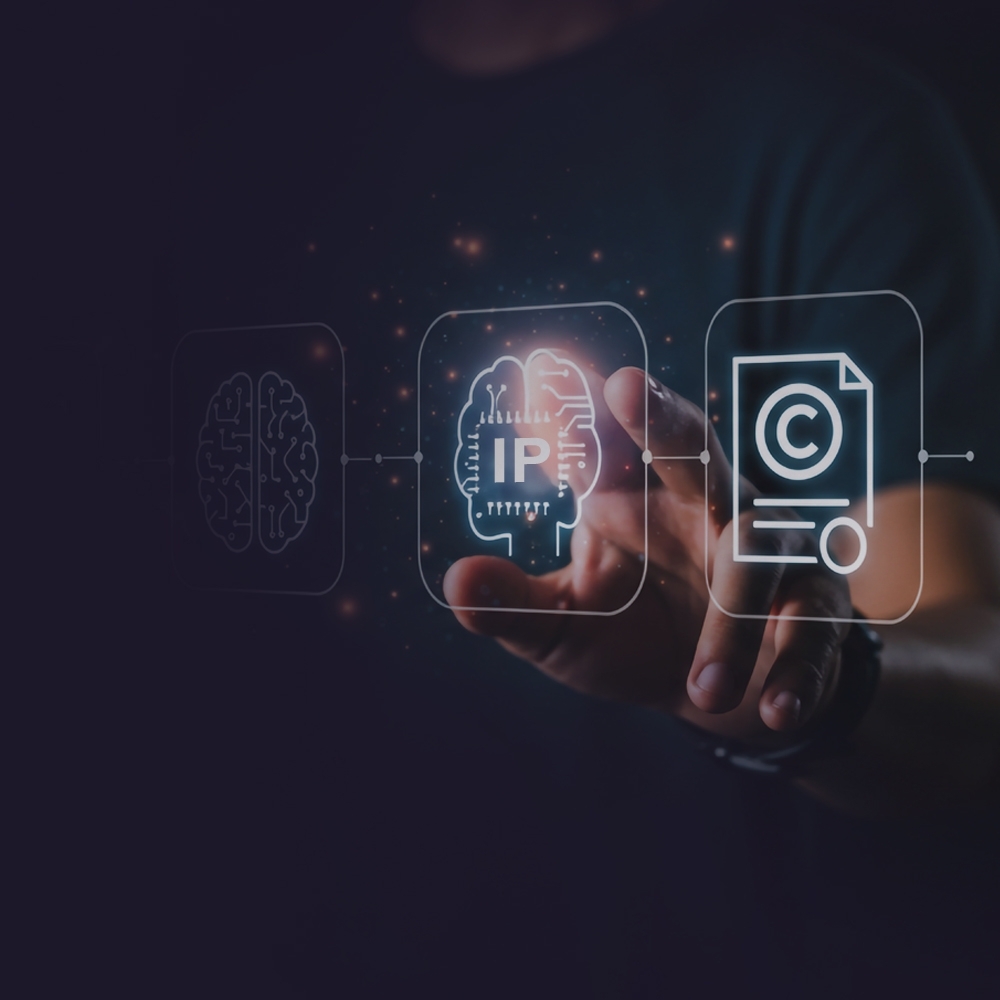20.10.2023
In this article, Madeleine Georgopoulou introduces various fundamental principles used in quantum computing and takes a brief look at the current progress of these technologies in the commercial and patent worlds.
This is the first article in a series on Quantum Computing and how to patent Quantum Inventions in Europe.
Thank you
The importance of quantum effects were once again highlighted in this year’s Nobel Prize awards with the Chemistry prize awarded “for the discovery and synthesis of quantum dots” . Quantum dots are semiconductor nanocrystals, which have properties determined by quantum size effects. By changing their size, the wavelengths that can be absorbed and emitted by quantum dots can be tuned across nearly the entire visible light spectrum.
This property has been commercially exploited to achieve high-quality light emitters in display technologies, like QLED (quantum-dot light-emitting diode) displays, and in 2021 the total market size of quantum dots was estimated to be $4 billion. Beyond QLEDs, research has shown that quantum dots have uses in several fields including biomedicine , solar energy and in quantum computing as qubits . In this article, we will look at what qubits are and explore some basic principles of quantum computing, including superposition and entanglement.
Quantum computing is based on the principles of quantum mechanics and is expected to disrupt a wide variety of industries and research areas. These include drug discovery in the pharmaceutical industry, new materials discovery, cryptography and even the artificial intelligence sector to create computers that can ‘think’ for themselves.
Quantum computers are distinguished from classical ones in the type of unit used to store data. Classical computers use binary digits (bits) of ‘0’ and ‘1’, whereas quantum computers use quantum bits or “qubits”. The states of these qubits are described by a linear combination of the ‘0’ and ‘1’ states with varying weighting factors. The ability to be in multiple states simultaneously is known as superposition. By changing the weighting factors of the ‘0’ and ‘1’ states, numerous combinations of the two states can be achieved, which will each result in a different superposition state. In the case of a single qubit, which is in a superposition of ‘0’ and ‘1’, the quantum superposition will collapse when the qubit is read out to a classical computer and result in a classical state of either ‘0’ or ‘1’. As the number of qubits are increased, the storage capacity in quantum computers increases exponentially: taking n as the number of qubits, the number of available states to store information increases as 2n.
Although all qubits operate on the basis of the same quantum mechanical principles, there exist different types of qubits that may have varying advantages, so different quantum computers are built with different types of qubits. These different types include photons, superconducting qubits, silicon quantum dots, neutral atoms, trapped ions and topological qubits . Regardless of the type of qubits used, a quantum computer requires access and manipulation of their quantum states, which are extremely sensitive to external environmental factors such as thermal energy. Any disruption of their quantum states leads to loss of information. To minimise such perturbations qubits are kept in cryogenic chambers at extremely low temperatures of the order of a few millikelvin – colder than space!
Another quantum mechanical principle that quantum computers rely on is entanglement. This describes very strong correlations between two or more qubits resulting in the creation of a new single entity. When two qubits are entangled, changing the state of one instantaneously changes the state of the other, regardless of the distance between them, allowing information to be rapidly transported across large distances.
This also greatly increases the processing speeds of quantum computers relative to classical ones, including supercomputers, and offers a huge advantage in using quantum computing to solve large complex problems.
In 2022, according to a report by McKinsey & Company, quantum technology start-ups attracted a record investment of $2.35 billion, with additional funding committed by governments around the world – the largest investment to date having been committed by China’s government at a total of $15.3 billion. On the patent front, 1,589 quantum technology patents were granted in 2022. In fact, 2022 saw great progress for the quantum world with the Nobel Prize in Physics being awarded for experiments using entangled photons. As well as advances in the physics of quantum computing, such as achieving longer qubit coherence times, i.e. the time period that information can be stored in a qubit, efforts are also being made to advance other features of quantum computers. These other features include hardware, classical processors used to communicate between the quantum and classical computers, and the cryogenic environments that house the qubits.
In the next article in this series, we will be looking at quantum circuits and algorithms…stay tuned!
References
[1] The Nobel Committee for Chemistry, Quantum Dots – Seeds of Nanoscience, Scientific Background to the Nobel Prize in Chemistry 2023, 2023. https://www.nobelprize.org/uploads/2023/10/advanced-chemistryprize2023.pdf
[2] Abdellatif A.A.H., Younis M.A., Alsharidah M., Al Rugaie O., Tawfeek H.M., Biomedical Applications of Quantum Dots: Overview, Challenges, and Clinical Potential, Int J Nanomedicine, 17, 2022. https://doi.org/10.2147/IJN.S357980
[3] Semalti P., Bishnoi S., Vashishtha P., Sharma S. N., Advancements in Quantum Dot Solar Cells, Material Matters™, 15.2, 2020. https://www.sigmaaldrich.com/GB/en/technical-documents/technical-article/materials-science-and-engineering/photovoltaics-and-solar-cells/quantum-dot-solar-cells
[4] Harvey S. P., Quantum Dots/Spin Qubits, Oxford Research Encyclopedia of Physics, 2022. https://doi.org/10.1093/acrefore/9780190871994.013.83
[5] Microsoft, Explore Quantum: Types of qubits. https://quantum.microsoft.com/en-us/explore/concepts/types-of-qubits
[6] McKinsey & Company, Quantum technology sees record investments, progress on talent gap, 2023. https://www.mckinsey.com/capabilities/mckinsey-digital/our-insights/quantum-technology-sees-record-investments-progress-on-talent-gap

11.11.2025
UK IPO - Increasing fees from 1 April 2026The UK IPO is set to increase its fees from 1 April 2026, subject to parliamentary approval.

22.10.2025
A year on: IP Advance Scheme for SMEsOne year on from the launch of the IP Advance Scheme, Nathaniel Taylor shares an update on the latest SME financial support scheme, IP Advance, launched by the UK IPO.
Thank you